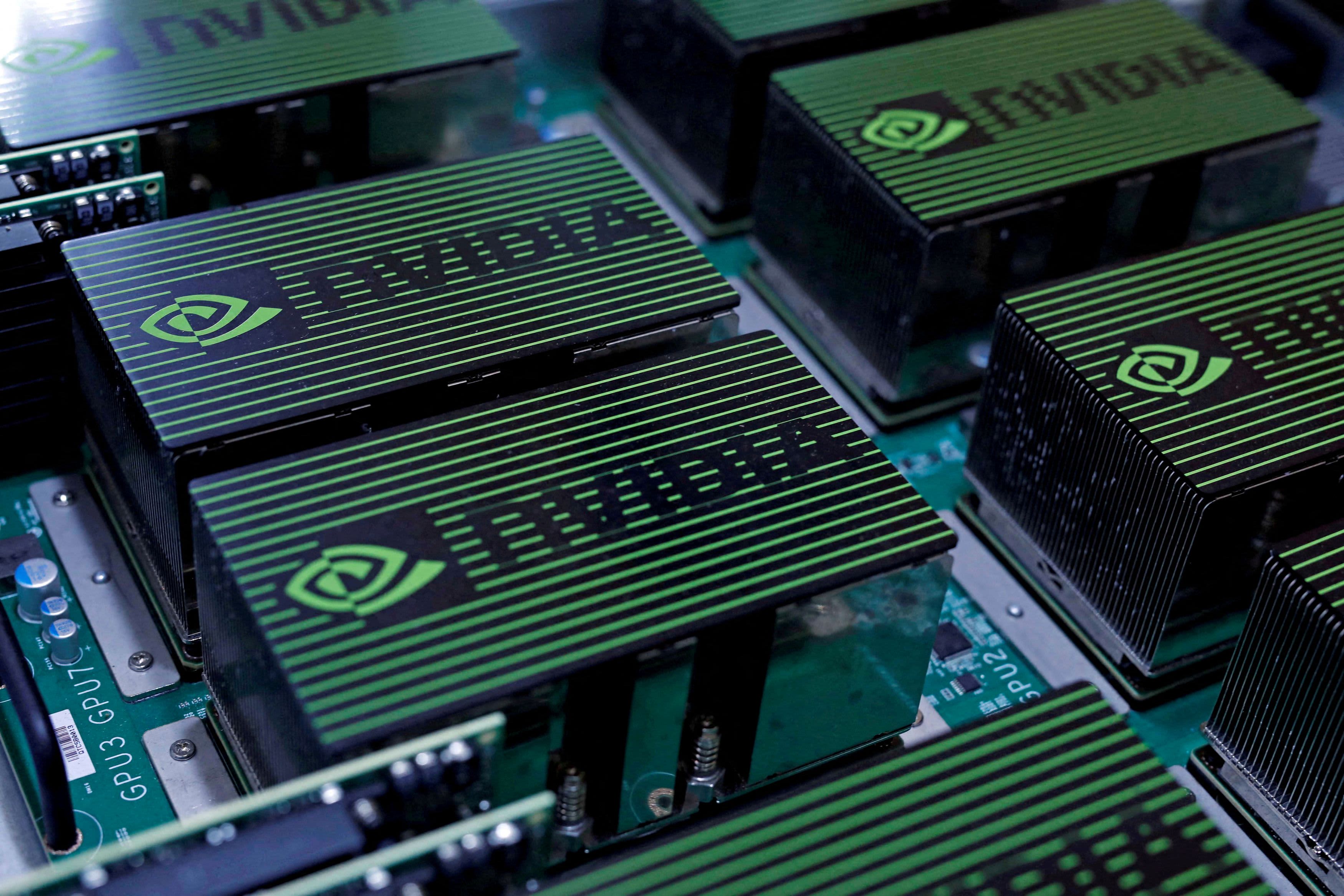Meta reported second-quarter earnings on Wednesday and said that its Reality Labs unit, which develops virtual reality and augmented reality technologies needed to power the metaverse, logged a $3.7 billion operating loss.
The unit recorded $276 million in second-quarter sales, down from the $339 million in revenue it brought during the first quarter. Analysts polled by StreetAccount were projecting Reality Labs to record $421 million in sales off $3.5 billion in operating losses.
related investing news
Shares of Meta were up about 5% after it reported an 11% pop in revenue as advertising rebounded and the company issued an uplifting sales forecast for the third quarter. It shows that Meta is still very much an ad company with a big cost center.
Last year, Meta’s Reality Labs unit lost a total of $13.7 billion while bringing in $2.16 billion in revenue, which is driven in part by the company’s sales of Quest-branded VR headsets. Reality Labs lost $3.99 billion during the first quarter. That puts its total losses at about $21.3 billion since the beginning of last year.
Meta said in its earnings report that it expects operating losses in its Reality Labs unit “to increase meaningfully year-over-year due to our ongoing product development efforts in augmented reality/virtual reality and investments to further scale our ecosystem.”
In June, Meta announced a VR subscription service dubbed Meta Quest+, which costs $7.99 a month and is compatible with the company’s Quest 2, Quest Pro and upcoming Quest 3 headsets. The subscription service lets people access two new VR games each month, and they will be able to play those games as long as they have active subscriptions.
Also in June, Zuckerberg revealed details about the Quest 3 headset just days before Apple announced its Vision Pro VR and AR headset that will cost a whopping $3,499 when it is released in 2024. The Quest 3 will be sold at a price starting at $499 and is 40% thinner than the Quest 2 and will contain a next-generation Qualcomm chipset, the company said.
Watch: Snapchat+, a subscription-based revenue stream, has hit 4 million subscribers





